As studio names go, Total Mayhem Games seems like a misnomer. The team’s puzzle series, We Were Here, is anything but chaotic, fostering calm cooperation between two players. Now the company is working on the fourth entry in the series, We Were Here Forever, set to arrive on PC, PlayStation 5, and Xbox Series X | S later this year. We spoke to co-founder and managing director Lucia de Visser and her team to discover more about the game.
The Escapist: Can you tell us a little about the We Were Here series?
Lucia de Visser: The We Were Here series is a co-op adventure puzzle game series. You play the game preferably together with a friend, but it is also possible to play the games with a stranger. You and your friend play the parts of an explorer duo that got caught up in a series of bad events. Being locked up in a castle in the Antarctic, your main goal is to escape the place. You could see it as one gigantic escape room or a series of smaller ones per game.
How did the series get started?
De Visser: We were looking for a way to connect players with each other. And a lot of people want to find ways to come in contact with friends and loved ones, and playing games is a really fun way to relax together (without the obligatory small talk, so win-win!).
But with the landscape of popular multiplayer games being mostly competitive, you sometimes miss that sense of achievement that you’ve really accomplished something with your friend. You just want some focused time with that single friend and go on an adventure together.
For us as developers, this is a really interesting mindset. It’s because we’re not just making a game with two heroes that work independently. There is a challenge for us to make it so much more than just playing a game together. We want to give you the feeling that you really need each other to overcome whatever comes on your path. When every player has its own role, and you finally succeed together, everyone feels good and appreciated.
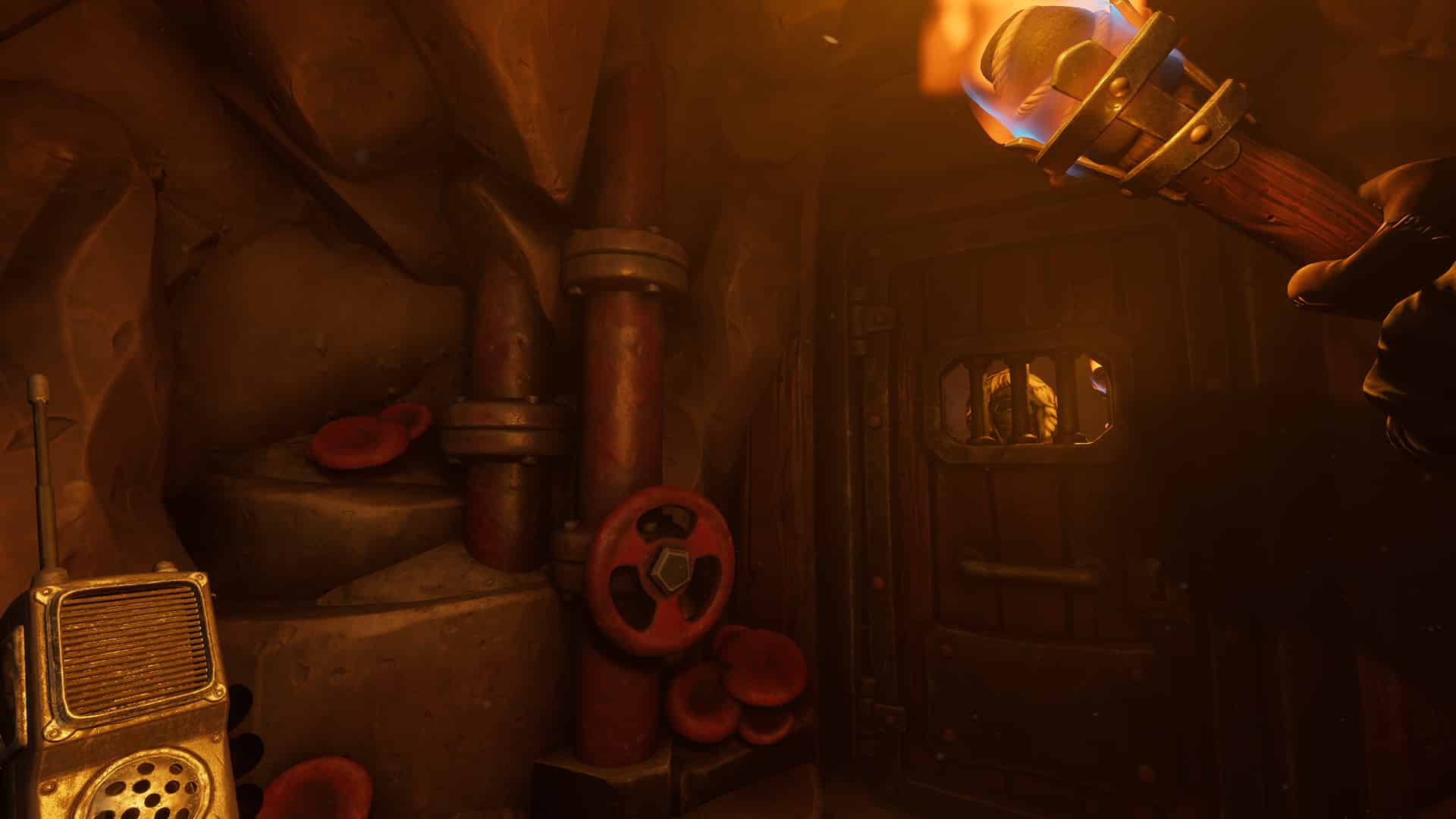
Having split-screen would negate the point of the puzzles being asymmetric, but did you ever consider split-screen during any of the previous games’ development?
De Visser: We actually never did. We took inspiration from the game Keep Talking and Nobody Explodes, which is the embodiment of asymmetrical gaming. We also looked at Portal 2, but we felt more connected to the concept of both experiencing a different side of the same story. If you were to be able to view each other’s side, which is not a bad thing per se, the whole essence of the design would get lost. It wouldn’t of course, if we were to design a concept for couch co-op, but we decided not to.
Does this latest entry in the series, We Were Here Forever, take place in the same world as previous titles? Do you need to have played the other games to understand Forever?
De Visser: The game… is a sequel to the preceding series and tells a lot more about what has happened in the castle. The story unravels and a lot of events from the previous games will make more sense. For example, what happened to the explorers left behind.
… We always love to see how the veteran players get excited about a new title. We do think Forever will be very accessible for players new to the game. We do recommend to play at least We Were Here Together before playing Forever, but we made sure that even if you didn’t, the game would still give a rounded experience.
This will be the first title to arrive on next-gen consoles. You mention it offers a “next-gen experience” – can you tell us just how the game is next-gen? What does next-gen mean to you?
De Visser: It means that not only the visual quality evolved dramatically with Forever, but also things like the in-game menus, the matchmaking system, and the player experience got an upgrade.
(There is also a big upgrade with) better graphics, a living world, more vivid and environmental storytelling, and a more immersive experience for both players.
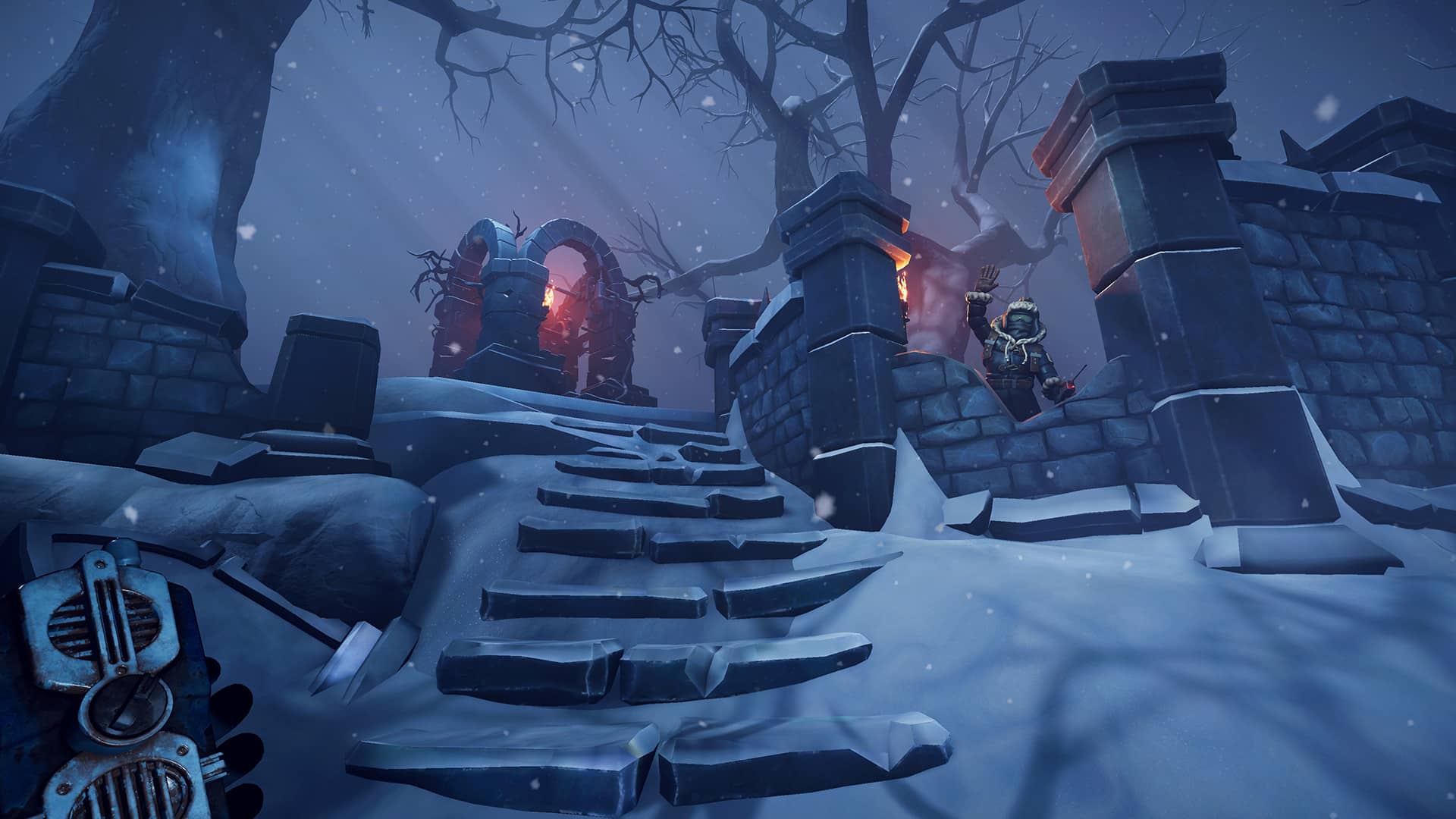
Given that you’re publishing We Were Here Forever on next-generation consoles alongside the PC, is there a particular platform you’ve been developing for first? Are there any significant differences or advantages or disadvantages between platforms?
De Visser: Yes, we start as a PC platform game, but development for PlayStation and Xbox is taken into account while developing the title. We noticed … that console players play differently from PC players, and we learned a lot from that. It gave us insights and made us think twice about issues such as the in-game menu, UX, and difficulty of gameplay.
Working on the latest hardware encourages us to go the extra mile. We haven’t encountered any significant disadvantages. Most of the differences are fairly technical in nature. Ask us again once the game is released!
How do you go about creating puzzles that are tricky without being frustrating? Do puzzles ever take priority over story or vice versa?
De Visser: Our game design team comes up with a series of puzzles. Some of them are based on the environment they take place in; others are placed on locations after they have been designed. It really depends on the puzzle and location. We would like to tell a story, which a puzzle could help with, or we just really like a puzzle idea and find a fitting placement for this puzzle.
We always tend to develop new puzzle concepts and test them first with the team to examine if they’re fun, too hard, too easy, or maybe really dreadful. If a concept makes it through the balloting, we put it in the alpha. So when making a puzzle, sometimes it fits more to the story, and sometimes more to the mechanics.
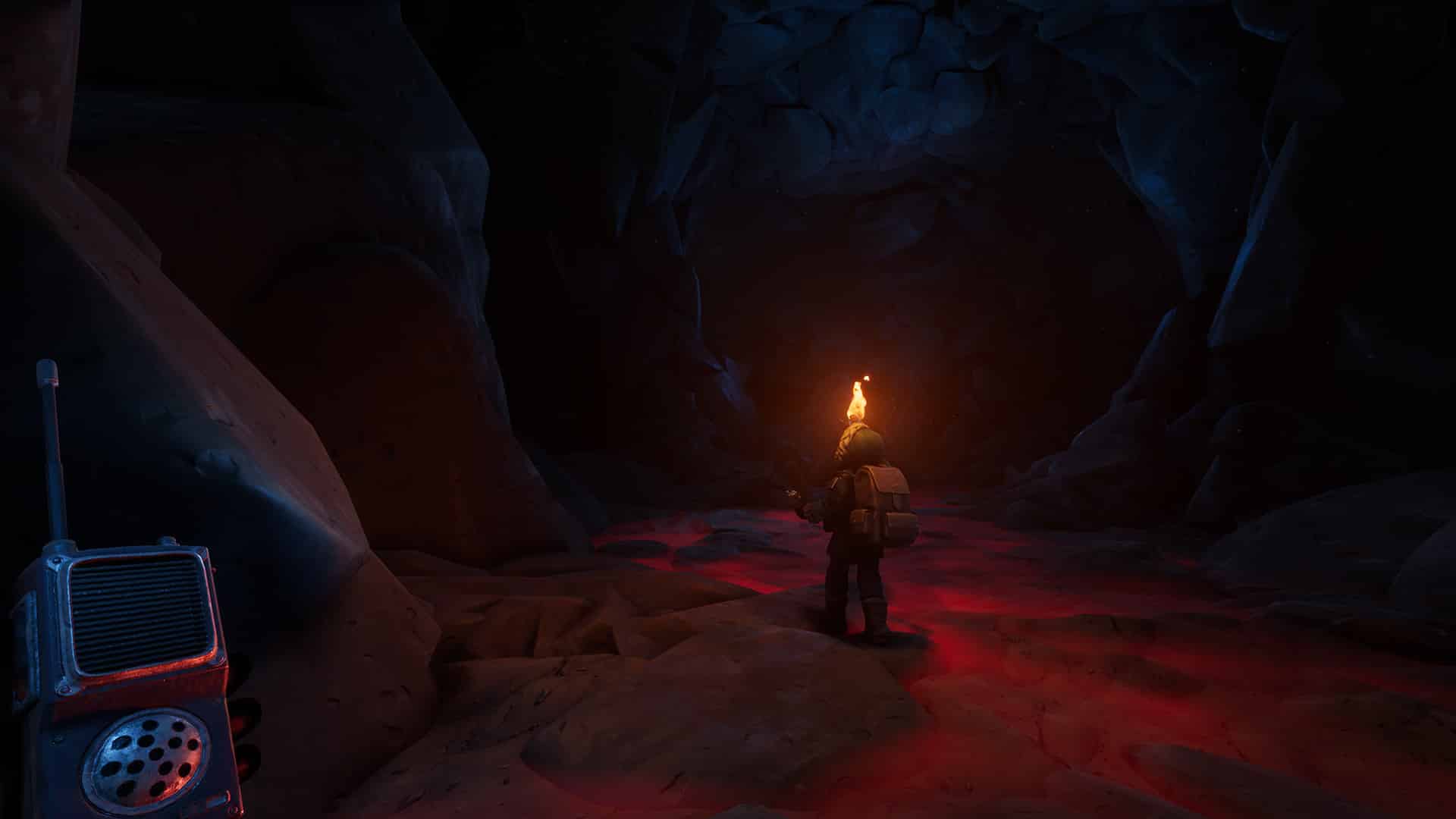
How far are you into development? What kinds of challenges has working under the current pandemic posed and how have you and your team handled them?
De Visser: After months of working in lockdown, with 90-plus percent of our team working from home, we have noticed a lot of shifts in the studio. We had to look at a whole new way of communicating with each other and keeping track of all the work done and what had to be done.
Apart from that, some team members live home alone, so they had to encounter another obstacle: isolation. We have been working really hard to keep everyone in a (mentally) healthy condition, and luckily none of our team members became ill. After months the spirits are still up, even though we encountered some big fallbacks.
We’re quite far, but not there yet. There’s still a lot on our plate we have to deal with. Especially since we decided to go bigger and better with this title, and not go home! Also with all the consequences of COVID in mind, we had to adapt to the situation, and that brought a big delay with it. We’re working hard and looking forward to delivering the best product we have made so far!
Will We Were Here Forever sport any accessibility-specific features?
De Visser: It’s something which is very much on our radar! We’ve been looking into ways to improve the accessibility of We Were Here Forever and to make the puzzles accessible for as many people as possible — we don’t have anything concrete to announce just yet though.
What aspects of We Were Here Forever are you most proud of so far?
De Visser: Oof… a lot! Hard to name one. I think mostly the whole experience for the player and the richness of the storytelling in the environment. We went back to the core mechanics of We Were Here and worked from there. That, together with the current quality of the game (vivid environment, quality character design, and more immersive experiences), makes this a title to be absolutely proud of!
Is there anything else you’d like to tell people about We Were Here Forever?
De Visser: Grab a snack, a drink, a friend, and let yourself soak into the co-op adventure we have to offer. What could happen?
Total Mayhem Games’ We Were Here Forever launches in Q4 2021 for PC, PlayStation 5, and Xbox Series X | S. Previous titles We Were Here, We Were Here Too, and We Were Here Together are available on PC, PlayStation 4, and Xbox One.
This interview has been edited for clarity and brevity.

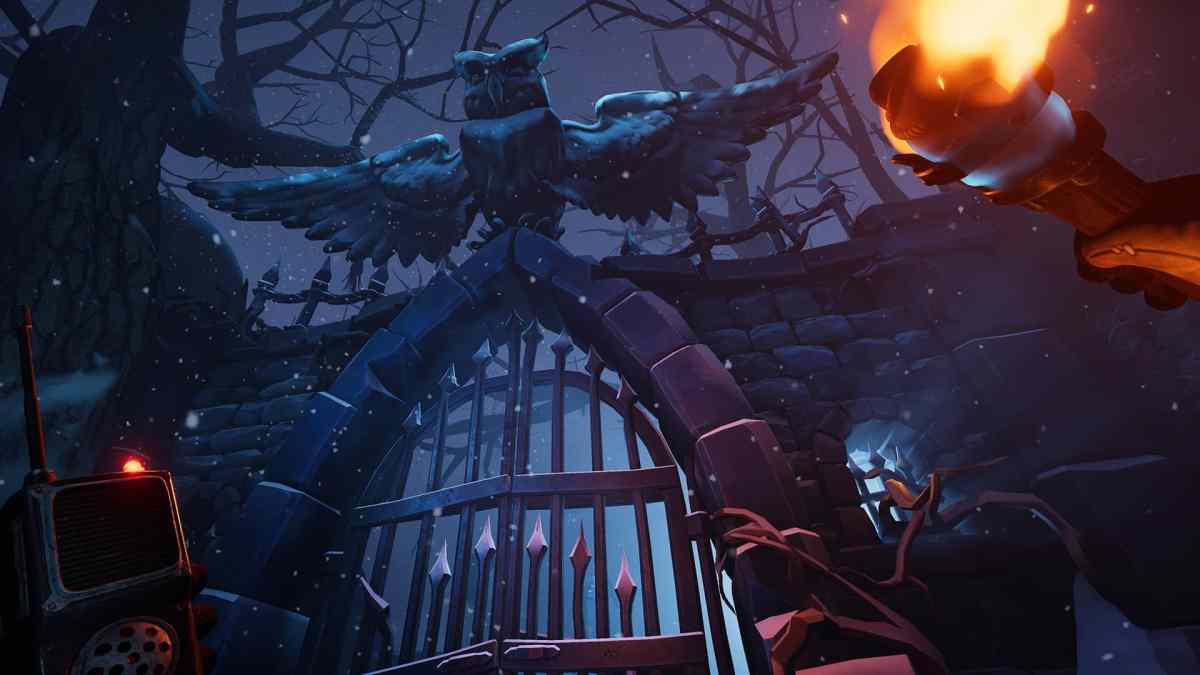

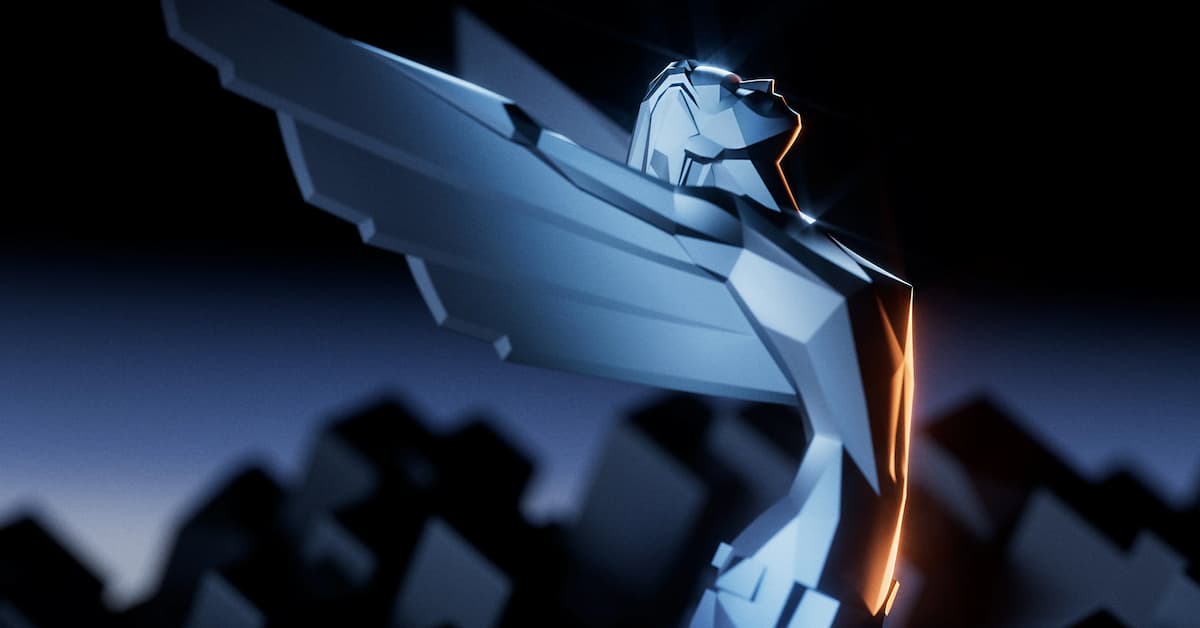

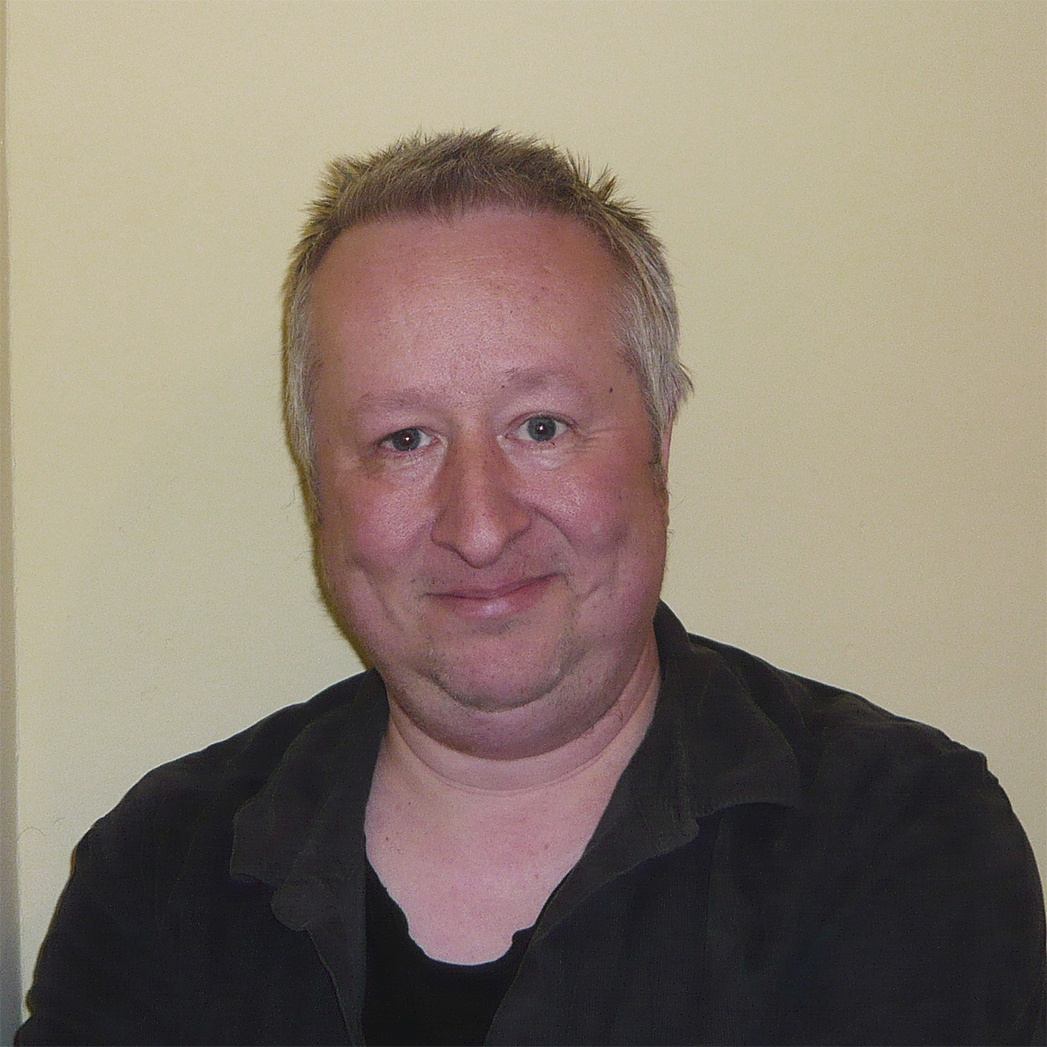
Published: Mar 12, 2021 03:00 pm